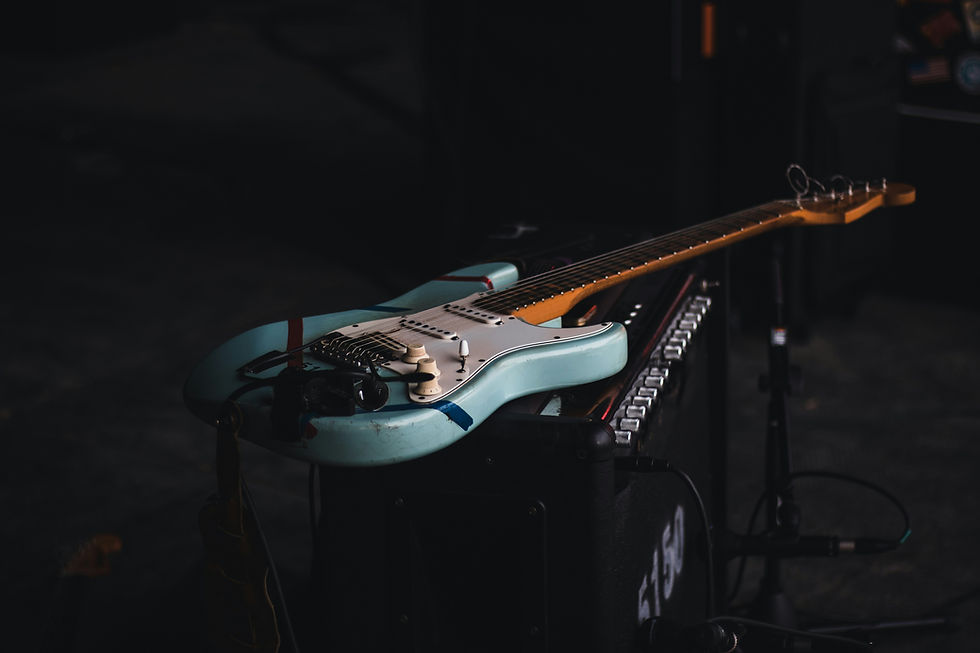Play the Long Game
- Michelle Monette

- Dec 5, 2022
- 2 min read

"Nearly everything awesome takes longer than you think. Get started and don't worry about the clock." - James Clear
Getting good at music takes a long time. Whether it's playing, writing, singing, or producing, we have to put in a lot of work over many years to develop into the musicians we want to be.
This can feel daunting, especially for those just starting out on their musical journey. For many, it becomes easy to succumb to the temptation of using hacks and shortcuts. Some will be sloppy and unfocused in their work because they’re in a rush to move onto the next thing. Others burn themselves out by trying to practice or create more than is healthy, just to get further faster.
This is a tremendous waste on all accounts. The musical path can be a joyful and rewarding one, if you approach it with a “long game” mindset. This is where you not only understand, but also embrace the time your musical goals require.
This way of thinking can help musicians by giving them room to choose more effective practice material, cultivate patience and deliberate focus, as well as employ more sustainable routines and processes.
If you want to learn music to the best of your ability, you will need to work on the right things. More often than not, this means engaging with challenging material that will stretch your abilities beyond where they currently are. Overcoming these challenges can take a significant amount of time, depending on the difficulty of the challenge and your current ability level. Accepting this fact is key to making the right choices about what to work on.
It also matters how you practice and create. You need to give your full, unwavering attention and effort to everything in front of you. You must, as Marcus Aurelius says in book two of Meditations, “Concentrate every minute like a Roman…on doing what’s in front of you with precise and genuine seriousness…freeing yourself from all other distractions.” This is very difficult to do if you’re distracted by the next new thing you want to learn or create. There’s no rush. Deal with what’s in front of you first, and take the time to enjoy it.
Those who, like me, are prone to cramming too much work into a small amount of time can employ what Cal Newport calls Slow Productivity. This requires you to reduce the volume of your musical workload to a sustainable level. You may be doing less work or practice each day, but in the long run you’ll still get where you’re wanting to go—only without the overwhelm and exhaustion. This approach is easier to adopt if you can appreciate your musical journey being a marathon instead of a sprint.
Developing as a musician and artist is a life-long pursuit. There will always be room to learn, grow, and improve. This is why it's so important to have the right mindset: so we can approach music with depth, patience, and in a way that’s sustainable long-term. Simply start right now, and don’t worry about how long it will take.







Comments